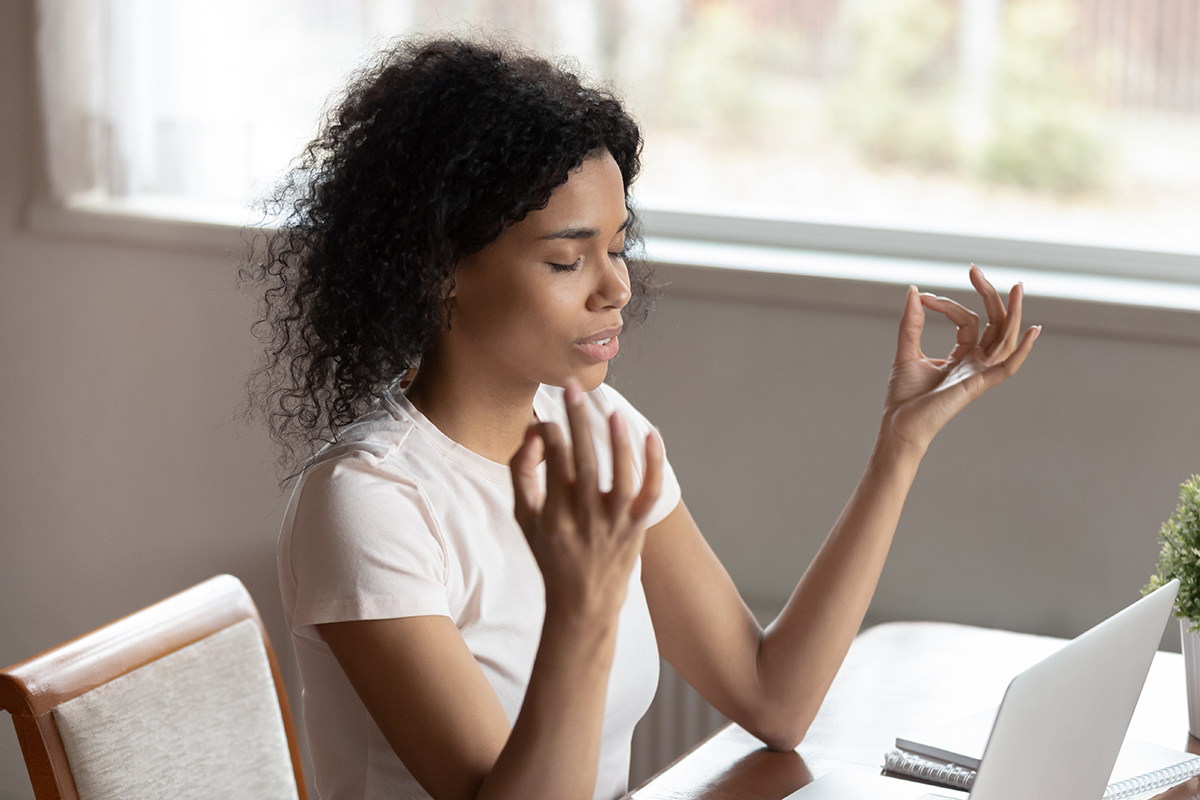

I personally had my first panic attack when I was fifteen. At least, this is what I have found in my experience. They come along suddenly, and they last for a couple of minutes at most before giving way to what I like to call the panic attack ‘hangover’, which can last anywhere from 10 minutes to over a week. In actuality, panic attacks are generally felt, rather than seen, and their symptoms can include sweating, trembling, nausea, dizziness, chest pain, hot or cold flashes, a racing heart, fear of dying, and feeling an intense need to escape.
POST PANIC ATTACK DEALING THE AFTER EFFECTS TV
In other words, the sort of things they show on movies or tv shows. If you can spot that trigger, you might be able to avoid a panic attack next time.When I say ‘panic attack’, what springs to mind? If you have never had a panic attack, or have never known someone who has ever had them, you might think panic attacks consist of people breathing into paper bags, clutching at their chests, and/or fainting. But many times, specific triggers lead to the attack. Panic attacks can come on suddenly and may seem like they strike out of the blue. Panic attack prevention: Learn your triggers
POST PANIC ATTACK DEALING THE AFTER EFFECTS HOW TO
Call a friend who knows how to make you feel better.Your distraction should be something simple that you can do when you feel anxious. Thinking about your panic attack makes it worse, but a distraction can help you get your mind off it. Repeat for several minutes or until you feel calm.The hand on your chest should stay relatively still.


The hand on your belly should move as you inhale and fall back into place as you exhale. Breathe at a pace that feels comfortable for you. Take a slow, deep breath in through your nose, and exhale out through your mouth.Place one hand on your belly and one hand on your chest.But even if you can’t, deep breathing can benefit you anywhere. Find a quiet place to sit or lie down, if possible.Not sure how to slow down your breathing? Follow these steps: “Rapid breathing sends a clear signal that you’re in danger, but slow, deep breathing helps to turn off the fight-or-flight response.” “During a panic attack, your breathing speeds up, a signal that your body is in fight-or-flight mode,” Dr. Your breath affects your mental state, so breathing is a crucial part of stopping a panic attack. It can calm your fear of having another panic attack because you know you’re in control. The more confident you are that you can manage a panic attack, the less likely you are to have future attacks. Your script helps you deal with an attack that arises, but it’s a preventive measure, too. Try repeating - in your mind or out loud - phrases like, “I’m strong, and I can handle this,” or “This is only temporary, and it will pass.” If you’re in the middle of a panic attack and don’t have your script, you can fight negative thoughts on the fly. Tuck it in your pocket or purse or type it into your smartphone notes so it’s easy to access. Ideally, write your script when you’re feeling calm. The words you hear are powerful, and over time, they become your truth.” If you feel like you’re dying, tell yourself you won’t die from a panic attack. So if you feel like you’re going to pass out, tell yourself you won’t. “Your script should answer the negative thoughts. “Write down encouraging words you can read to yourself during a panic attack,” Dr. But you can wield a powerful weapon against them: A script of positive thoughts. The next time you’re dealing with a panic attack, follow these steps: Calming step 1: Have a script readyĪ panic attack can fill your head with racing, negative thoughts, which can keep the panic going and make you feel worse. There’s no magic cure-all for panic attacks, but you can make them shorter and less severe. Clinical psychologist Regina Josell, PsyD, outlines three steps you can take to bring yourself back to calm sooner. Policyīut you can learn to control or even stop panic attacks. We do not endorse non-Cleveland Clinic products or services. Advertising on our site helps support our mission. Cleveland Clinic is a non-profit academic medical center.


 0 kommentar(er)
0 kommentar(er)
